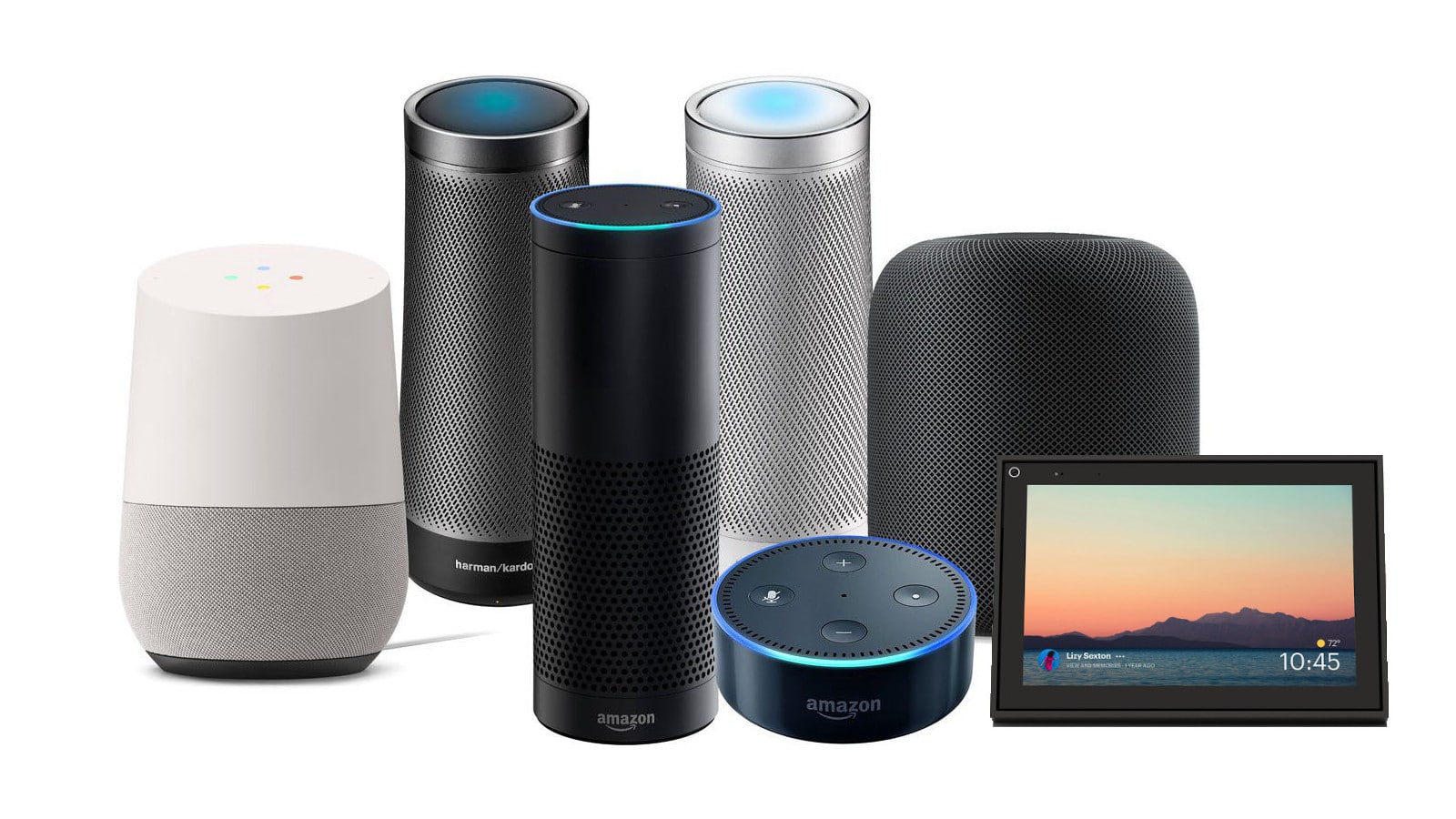Smart speakers have been highly adopted over the years, with 3 in 10 American homes having one. This is majorly due to the “assistive” nature of such devices, as you just need to use your voice to give a command or even know about the day’s weather before stepping out.
However, recent years have seen an outcry over the privacy infringement carried out by these devices. This has led to various outlets reporting on the various privacy risks posed by smart speakers. Such reports have made smart speaker users more sensitive, with another report published by Hub Entertainment Research stating that 59 percent of smart speaker users have privacy concerns.
The same report also stated that 66% of consumers who have not yet bought a smart speaker admit that this is due to the same privacy concerns.
The three major concerns among smart speaker owners were:
- Worry that hackers could use the speakers to gain access to the home or personal information
- Bother that the smart speakers are always listening
- Worry that the smart speakers will allow the government in
Data Breach Threat
Hacking is actively registered in our minds as a threat to almost any system, and hence the results from the research. This is especially dangerous in the case of smart speakers as they are usually connected to a larger system, and a compromise could lead to hackers gaining a lot of personal information.
However, this shouldn’t be the biggest worry for owners of devices such as Amazon Echo, Google Home, or Apple HomePod. Yes, these assistants can be hacked. However, such attacks are not easy to carry out over the internet as it is with most systems. The best-proven form of hacking is through lasers, a case in which the attacker would also need a line of sight access to the device. This would therefore mean that hacking is less of a threat for smart speakers.
“Always Listening” Threat
Home assistants rely on their listening to take in your command. However, they may as well be too good listeners, something that creates the biggest risk with the technology. Do they only start listening when you call them out? What if they misinterpret some words and start recording accidentally?
According to a recent report published by Northeastern University, smart speakers accidentally activate as many as 19 times a day, and they record as much as 43 seconds of audition each time. This can be a huge point of concern, especially if you are a privacy-minded individual.
Apart from that, it’s also important for smart speaker users to note these assistants record and store everything you ask of them. This information is usually not accessible to any third party, although there were allegations that along with Amazon and Apple, Google employees and contractors usually listen to recordings made by home devices. This is done ostensibly to enhance the quality of the AI natural speech interpreter.
How can you protect your privacy?
Despite the privacy concerns posed by smart home assistants, the ownership of these devices is on the rise. At some point, we won’t be able to avoid them completely, but there are a few tips you can use to protect your privacy.
Select your Device Carefully
It all starts with the device you decide to go for. There are several providers of home speakers, but Amazon, Google, and Apple are the big vendors. You can Google about incidences that have happened with the various devices, and you can also check out Mozilla’s Smart Home privacy analysis.
Buy from trusted vendors
Hacking a device is easy when you have physical access, and so you need to ensure that your device hasn’t come into contact with suspicious people. Apart from that, only request technical support from trusted entities.
Connect Wisely
It’s advisable to have different networks for your connected devices and general devices such as computers and smartphones. This ensures that in case the network you use is compromised, your less secure connected devices aren’t affected. You can do this by using two routers.
Understand what your device can do, and disable what you don’t need
It’s very crucial to know the capabilities of your device, and this applies to all smart devices. If you find that for example you don’t plan on using the camera option for a while, ensure that you turn it off.
Do not overshare
AI assistants thrive on what you tell them, and they record this information in their databases. You should therefore be careful not to share sensitive information such as your passwords, social security numbers, payment information, etc.
Delete your Data
Finally, remember that all popular smart speakers and assistants allow you to delete the data they have recorded. If you feel that they have overstayed with your data, you can always take back control.


























